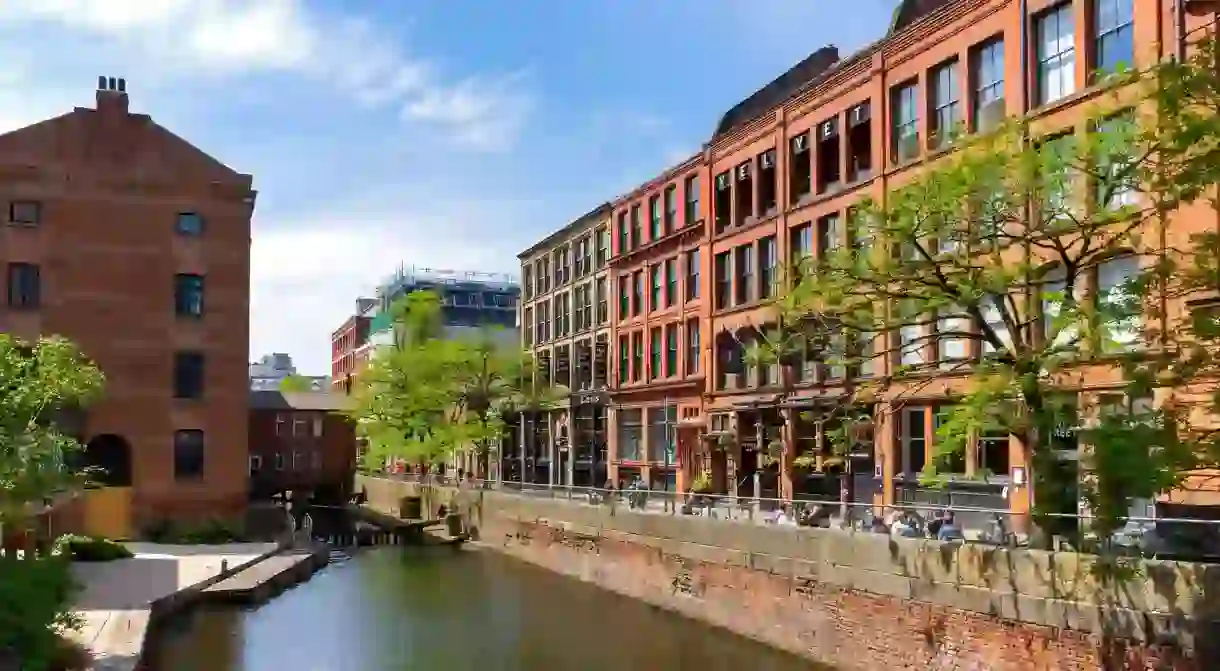The Story of How Manchester Got Its Name

Whether you are living in Manchester or are planning on visiting, chances are that you have not yet taken the time to wonder how the city got its name. The story is surprisingly simple as we’ve outlined below, evolving over time from the moniker that the original Roman invaders gave to the fort that they built.
Origin of name
The name “Manchester” has its roots in ancient history and comes from a combination of Old English and Latin elements. The city’s name is thought to have evolved over centuries, reflecting the various cultures and languages that have influenced the region.

History
The history of Manchester began during the Roman conquest of Britain, when a simple timber fort was built on a rocky outcrop at the place where the River Irwell and River Medlock met. This original fort was built sometime between AD 78-86 and was constructed to help defeat a local Celtic tribe named the Brigantes. The fort was then rebuilt in stone at the beginning of the third century.
Initial name
This fort was given the name Mamucium (also known as Mancunium), meaning ‘Place of the Breast-like Hill’, named for the mound on which it stood. This is the first reference of occupation of the area, although the fort and small village that sprung up beside it are understood to have been abandoned after the fourth century, with the next settlement being situated just a mile away at the site where the cathedral now stands.

Evolution over the years
The evolution of the name of the settlement continued over the centuries with the Anglo-Saxons changing the name to Mameceastre in 1086. This came from the Old English word ‘ceaster’ which means ‘Roman town or city’ (similar to where the name of the nearby city of Chester originated). The name gradually became known as Manchester over the years, with the adjective Mancunian evolving from the medieval Latin form of the place-name, Mancunium.
Modern implication
The name “Manchester” has endured through the ages, and the city has grown to become a major cultural, industrial, and economic center in the United Kingdom, famous for its rich history, industrial heritage, and footballing tradition.
Did you know – Culture Trip now does bookable, small-group trips? Pick from authentic, immersive Epic Trips, compact and action-packed Mini Trips and sparkling, expansive Sailing Trips.













